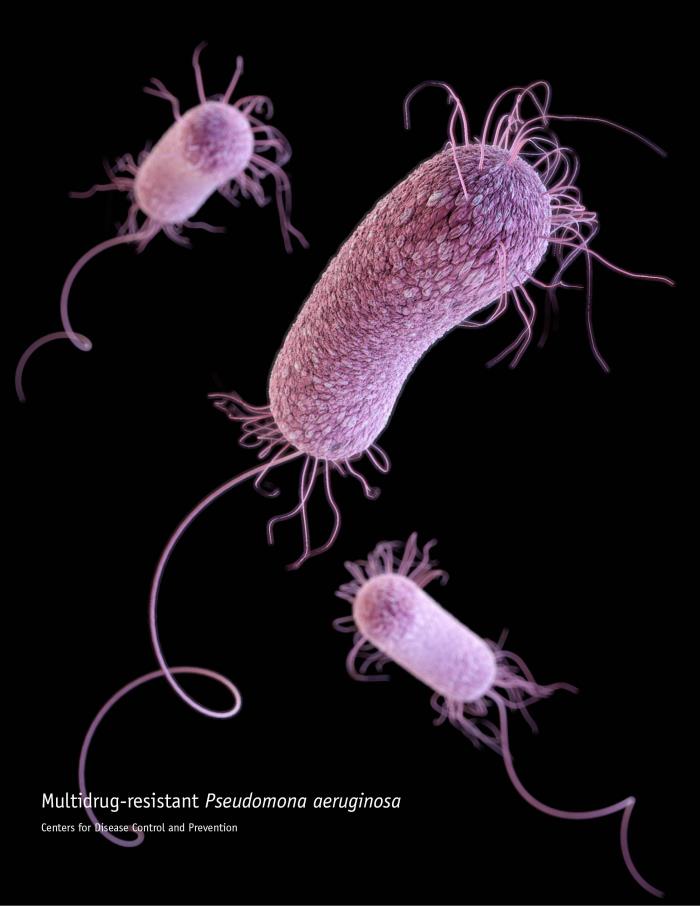From Basic Biology to One Health

Research!America member FASEB (Federation of American Societies for Experimental Biology) kicked off their NSF Matters campaign with a briefing highlighting NSF-funded research tackling antimicrobial resistance. Antibiotic-resistant infections, driven by overuse of antibiotics in clinical and agricultural settings, are on the rise, began the briefing’s first panelist, Dr. Paul Turner, Professor of Ecology and Evolutionary Biology at Yale University. His work focuses on a new, non-antibiotic approach to treating bacterial infections: viruses.
Bacteriophages (simply referred to as phages) are viruses that infect and kill bacteria. The phage Turner works with attacks bacteria via their efflux pump, a molecular machine embedded in the bacterial cell membrane that ejects molecules from the cell. Bacteria can use their efflux pumps to resist antibiotics, simply pumping the offending molecules back out of the cell. By treating a patient with both an efflux pump-attacking phage and an antibiotic to which the infection is resistant, Turner can target bacteria with an “evolution-proof” tool. Bacteria that seek to avoid the phages by evolving to not have an efflux pump become susceptible to antibiotics.
Turner has successfully used this approach to treat approximately 16 people (all of whom made full recoveries) as well as a turtle that had acquired an antibiotic-resistant infection at an aquarium. Hoping to get FDA approval for phage therapy, Turner stressed how crucial basic, NSF-funded research was in leading to the necessary components of this discovery. Without NSF-supported open-ended inquiry into the mechanism by which phages and antibiotics act, his work would not have been possible.
Studying sustainable biological wastewater treatment processes, Dr. Lauren Stadler, Assistant Professor in Civil and Environmental Engineering at Rice University, deals with antibiotic resistance from a very different perspective. As wastewater treatment plants are hotspots for antibiotic resistance, Dr. Stadler seeks to understand how wastewater treatment plant conditions impact the horizontal gene transfer processes that help spread antibiotic resistance, and to identify the microbial community members responsible for horizontal gene transfer events.
To answer that first question, Stadler’s team is working to genetically engineer bacteria that produce a volatile gas after receiving a horizontal gene transfer of an antibiotic-resistant gene. By deploying this microbe in wastewater treatment models, Stadler can see if changing certain variables will reduce the horizontal gene transfer rate. To identify which antibiotic-resistant organisms are proliferating at different stages of the water treatment processes, Stadler’s team is doing a lot of genetic sequencing, hoping to link antibiotic resistant genes to species-specific DNA sequences. Like Turner, Stadler’s work would not be possible without the NSF’s support for basic, fundamental, and interdisciplinary research.
Still curious? Learn about FASEB’s “NSF Matters” campaign, go in depth with Dr. Turner and Dr. Stadler’s work, and check out Research!America’s poll data on American perspectives on antibiotic resistance.
This blog post was written by Sonya Sternlieb, Science Policy Fellow, supported by Burroghs Wellcome Fund




